It might surprise you, but dairy products are not a good source of calcium. Yes, milk and cheese are high in calcium but they are often eaten in large quantities. That leads to problems of too much calcium in the diet. Dairy products are also high in animal protein and saturated fats.
Firstly, eating dairy makes the body more acidic so calcium from our bones is used to counteract this acidity. Osteoporosis or weakened bones is one of the results, which brings an increased risk of broken bones and serious complications.
Consuming a lot of dairy products also lead to an excess of calcium in the blood. This leads to problems of ‘calcium dumping’, where calcium builds up in the arteries and around joints. This can lead to such conditions as arthritis, heart disease and stroke.
Colin Campbell examined the Western diet in his seminal book The China Study. He concluded that drinking milk was a big factor in many of the illnesses that are common in Western society, including diseases such as arthritis, gallstones, kidney stones, heart disease, osteoporosis and obesity. These illnesses can have a detrimental impact on someone’s health, as well as cause chronic pain.
There is a lot of evidence that dairy intake in childhood also increases the risk of developing Type 1 diabetes. Dairy consumption has also been linked to autism, asthma, eczema, ear infections and digestive problems.
Cutting down on dairy
So what are good sources of calcium in the diet? Green, leafy vegetables such as kale, collard greens, spinach are high in calcium and also contain many other vitamins and minerals. Beans, peas and lentils are high in calcium as well as fiber and iron. Tofu, soy milk, nuts and seeds are also good sources of calcium.
If you are used to eating dairy, try out these tasty plant-based alternatives:
- Milk – soy, rice, almond and hemp milks
- Cheese – vegan ‘cheeses’ are widely available
- Butter – margarine is usually dairy-free but avoid trans-fats
- Yoghurt and ice-cream – plenty of dairy-free products
Of course, many other products contain dairy such as chocolate, cakes, biscuits and many processed foods. Many of these are unhealthy anyway, so just keep them as an occasional treat and try out vegan alternatives.
What about Calcium and Vitamins D and B12?
Dairy foods provide calcium, vitamin D and vitamin B12. A vegetarian or vegan diet needs to provide these from plant-based foods. If you follow a healthy vegetarian diet, your body is less acidic overall leading to reduced calcium needs.
Your calcium needs can easily be met through eating a whole-foods diet containing lots of green vegetables, nuts and beans. Vitamin D is only found in animal foods but is also created by the action of sunlight on your skin. You may need extra vitamin D during the winter months or if you rarely spend time outside. Vitamin B12 is only present in animal foods so you must take this as a supplement if you follow a vegan diet.
Green fact – the average US dairy cow used to live for 20 years – now it is sent to the slaughterhouse at just 5 to 6 years old.
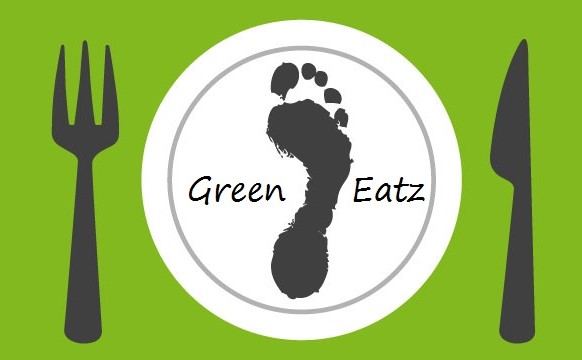
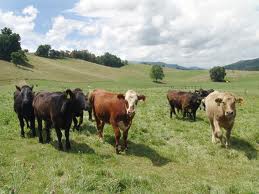
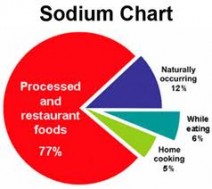
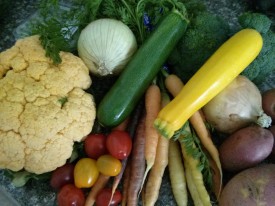
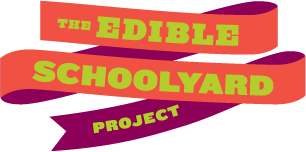
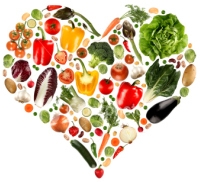

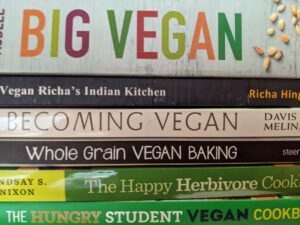
Trackbacks/Pingbacks